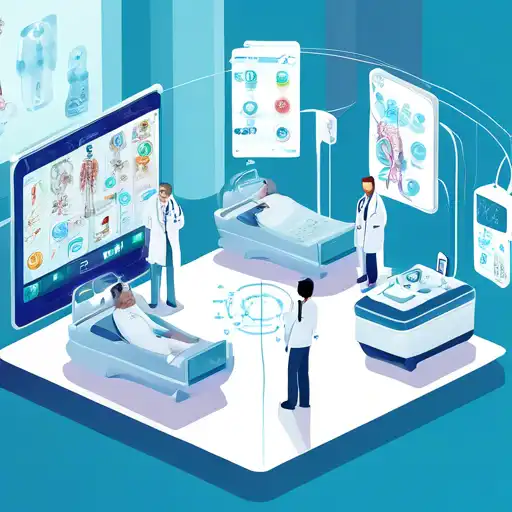Introduction to IoT in Healthcare
The integration of the Internet of Things (IoT) in healthcare is transforming the way medical services are delivered, making it a pivotal element in modern healthcare systems. IoT technologies enable the collection, analysis, and transmission of health data in real-time, offering unprecedented opportunities for improving patient care, enhancing operational efficiency, and reducing healthcare costs.
Key Benefits of IoT in Healthcare
IoT in healthcare brings numerous benefits, including but not limited to:
- Remote Patient Monitoring: IoT devices allow healthcare providers to monitor patients' health remotely, reducing the need for hospital visits and enabling timely interventions.
- Improved Patient Engagement: Wearable devices and mobile health apps empower patients to take an active role in managing their health.
- Enhanced Operational Efficiency: IoT solutions streamline hospital operations, from inventory management to patient flow optimization.
- Data-Driven Decisions: The vast amount of data generated by IoT devices supports evidence-based decision-making, leading to better patient outcomes.
Challenges and Considerations
Despite its potential, the adoption of IoT in healthcare faces several challenges, such as data security and privacy concerns, interoperability issues, and the need for substantial investment in infrastructure. Addressing these challenges is crucial for maximizing the benefits of IoT technologies in healthcare.
Future Prospects
The future of IoT in healthcare looks promising, with advancements in AI and machine learning further enhancing the capabilities of IoT devices. As technology continues to evolve, we can expect even more innovative applications of IoT in healthcare, paving the way for a more efficient, patient-centered healthcare system.
For more insights into how technology is shaping the future of healthcare, explore our articles on Digital Health and Medical Technology.
